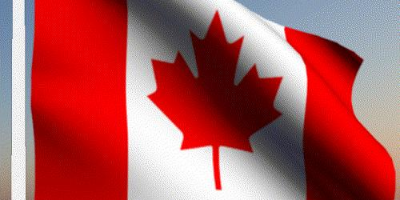1 juill. 1961 - Universal Health Care
Description:
In the early 1960s, Saskatchewan doctors reacted with outrage and frustration, finishing in an intense strike when the province tried to bring in Canada's first-ever universal health insurance plan. In Saskatchewan, Premier Tommy Douglas and his socialist party, the CCF (Co-operative Commonwealth Federation), had been in control since 1944. It also had been the first government in the country to provide hospital insurance for its citizens.In 1960, with a provincial election looming, Tommy Douglas was able to take the next step and introduce universal, publicly funded medical care - known as Medicare. Not just in hospitals, but also in clinics and doctors offices.
The effort to bring Medicare to Saskatchewan was the latest in a series of measures adopted across Canada and everywhere in the western world in the years after the Second World War. The actions were based on the proof that governments owed their citizens a moderate standard of living and access to essential services. However, Saskatchewan doctors protested that they would be turned into civil servants, not able to follow their own belief about what was beneficial for their patients. They debated that Medicare was another step down a slippery socialistic slant.
Tommy Douglas was badly rejected by the provinces' physicians and private health-care insurers. Notwithstanding the $115,000 spent during the election on an anti--medicare campaign, he and the CCF won a powerful majority and a cleared command to advance. Douglas would soon leave for Ottawa in 1961 to lead the newly formed New Democratic Party. However, his provincial successor Woodrow Lloyd would resume the Medicare fight.
After a long debate, the rule was adopted in November 1961, to take effect the following July 1, the day Medicare was born. About 90 percent of the provinces doctors went on strike which was thrown into chaos. At first, the specialists had some open help. These KOD Committees, with help from the media, propelled an efficient battle against the legislature and the Medicare design. Arouses, petitions, boards and notices raised the passionate atmosphere to a white warmth. The general population of Saskatchewan started to stress. Some pondered what great was a medicinal care program without specialists. Families with medical issues were considerably more frightened by the strike. The administration brought specialists from Britain and urged others to originate from the US and different parts of Canada to meet the crisis. Neighborhood residents bunches sorted out restorative centres and procured specialists to go to them. By mid-July, a great part of the KOD bolster had disseminated. A few specialists were coming back to work; the power of the strike was spent. Toward the start of August, the administration made a few corrections to the Act; one alteration enabled specialists to hone outside the arrangement. Following 23 days on strike, the Saskatchewan specialists came back to work. Yet, threats stayed long a short time later; patients detested their doctors renunciation and specialists kept on protesting government association in therapeutic care. All things considered, a 1965 overview found that most specialists favoured proceeding with the arrangement. The Saskatchewan government had opened the way to all-inclusive medicinal services. Within ten years of the Saskatchewan strike, the whole nation was secured by Medicare.
By Tahera
Ajouté au bande de temps:
Date:
1 juill. 1961
Maintenaint
~ Il y a 64 ans
